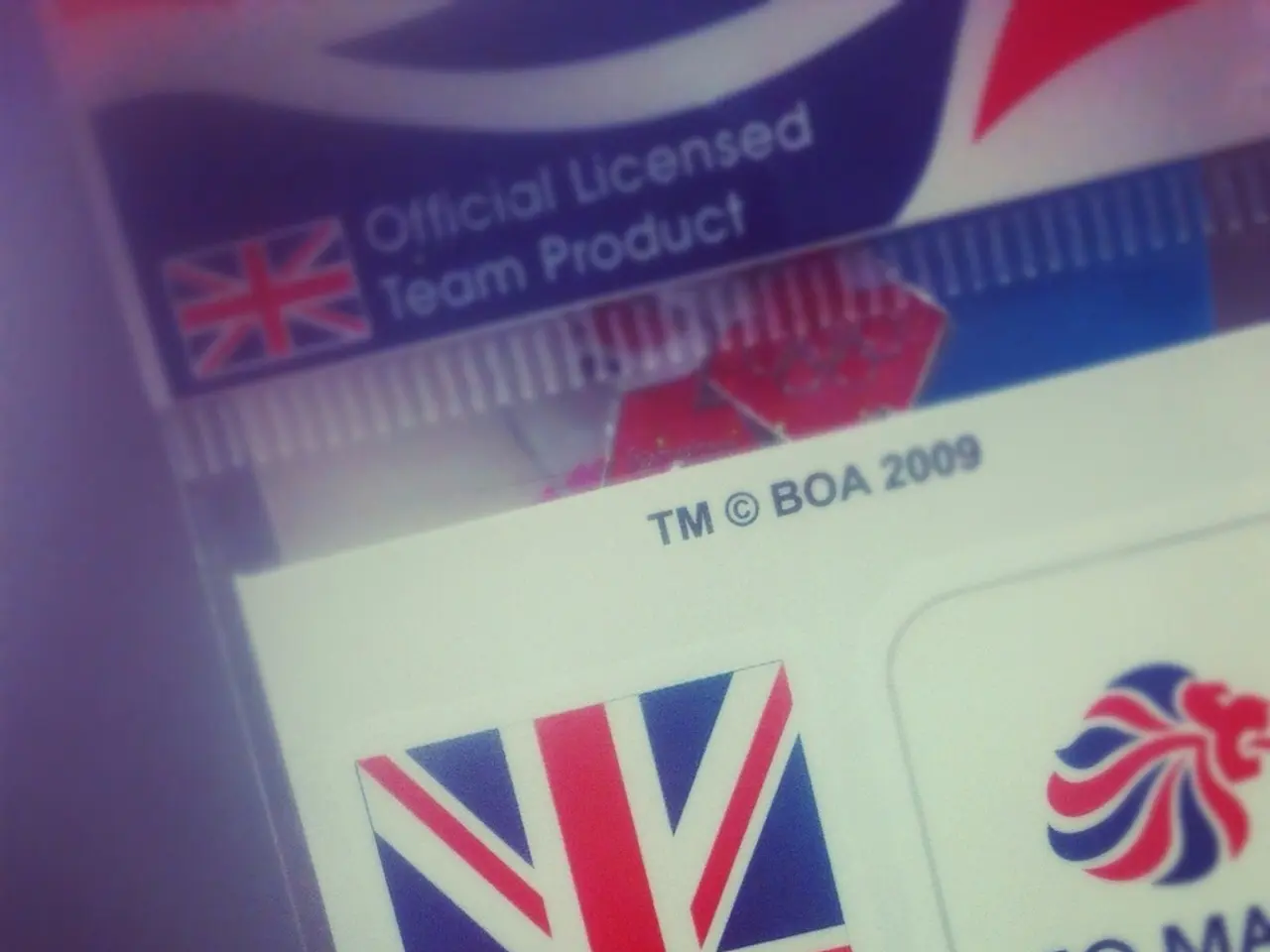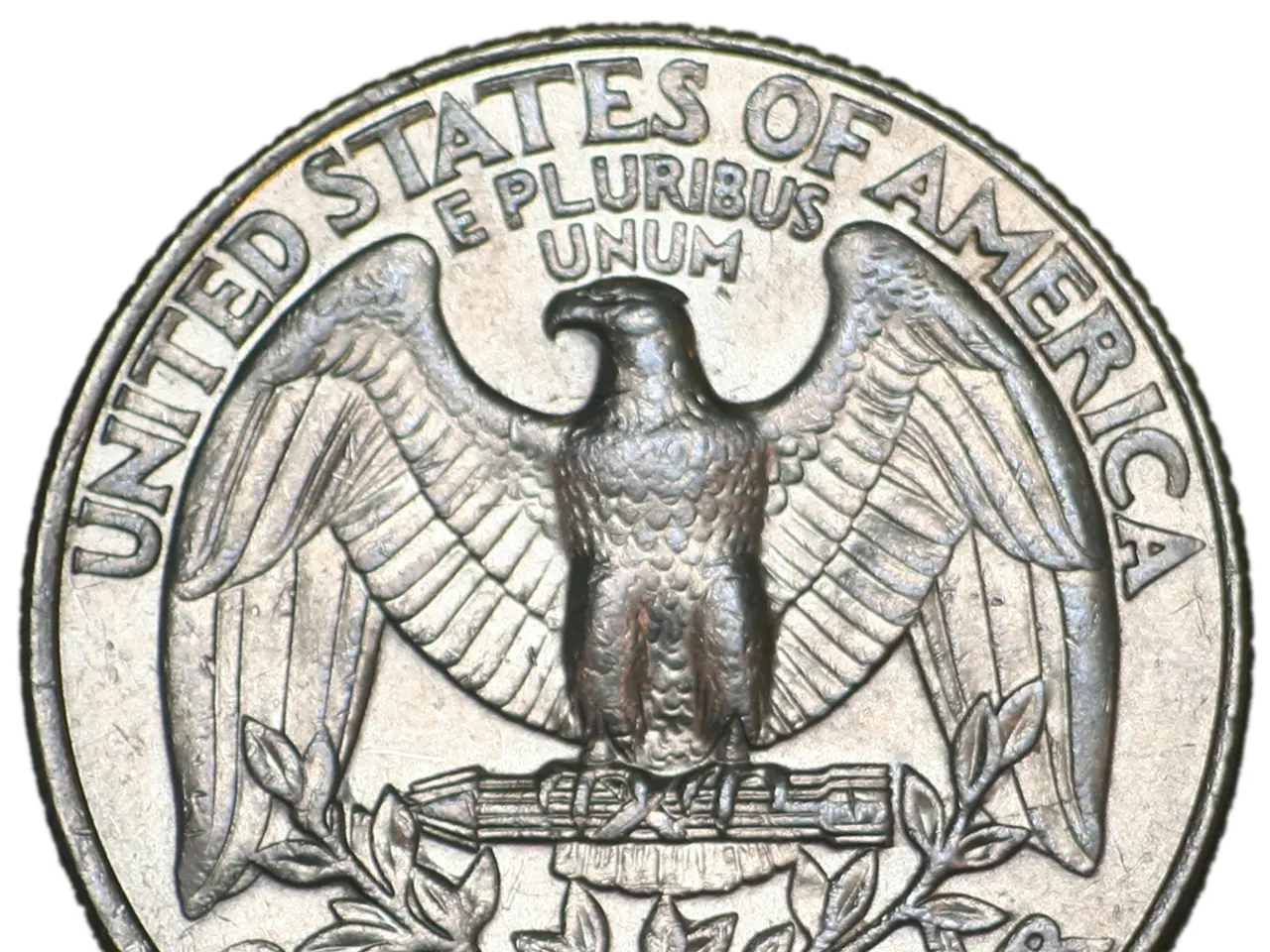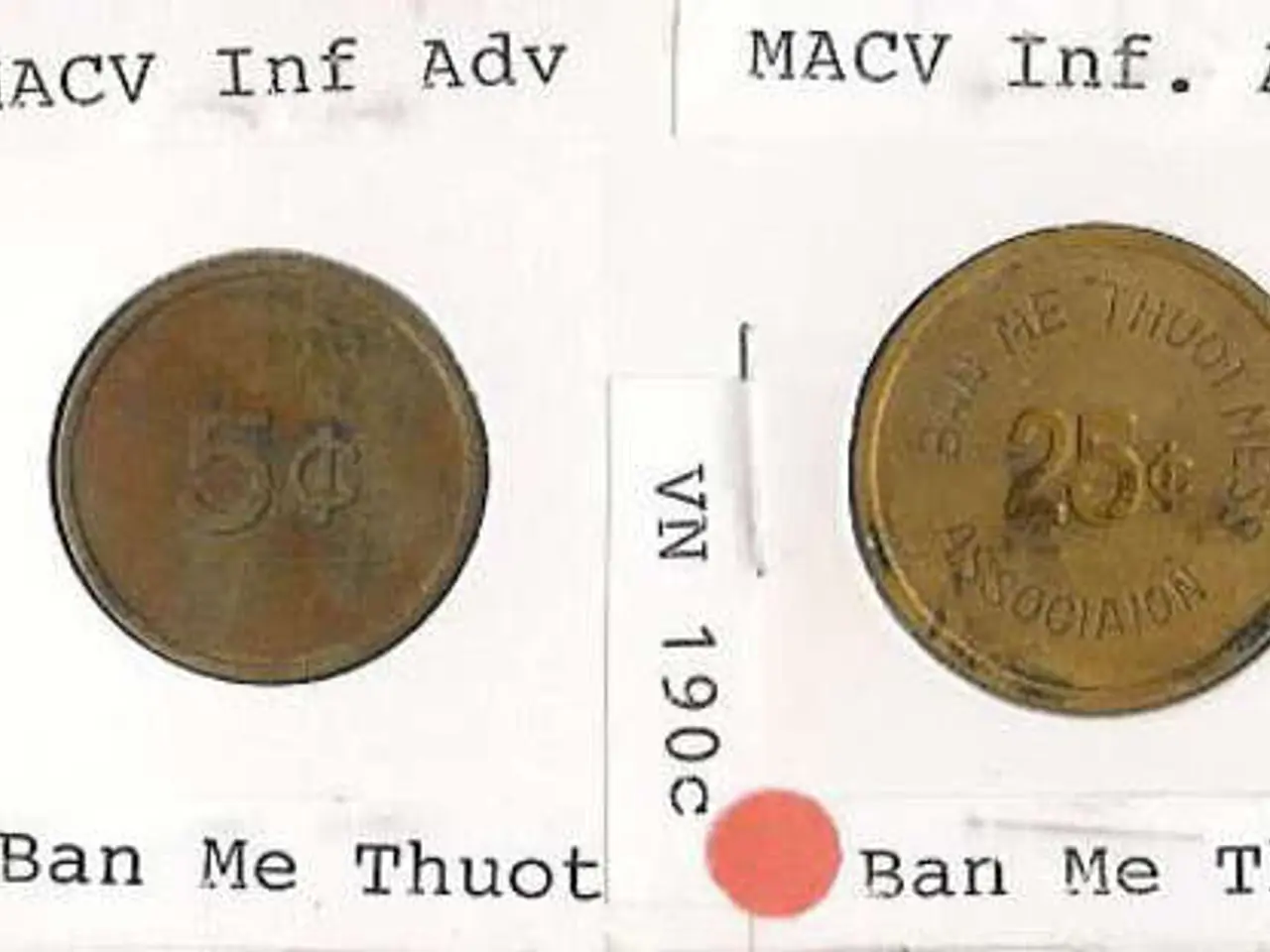Online data access by California police now requires a warrant
The privacy landscape in the United States is a complex patchwork of federal and state laws, with limited comprehensive federal privacy law specifically addressing digital records, emails, and GPS data. This article aims to shed light on the current state of privacy protections, focusing on the Electronic Communications Privacy Act (ECPA) and California's CalECPA.
At the federal level, privacy protections stem mainly from sector-specific laws such as the Health Insurance Portability and Accountability Act (HIPAA) for electronic health records, the ECPA, which regulates interception and disclosure of electronic communications, the Stored Communications Act (SCA), governing access to stored electronic communications, and limited GPS/location data protections largely from the Fourth Amendment.
However, CalECPA, enacted in 2015, offers stronger, explicit protections for digital communications and GPS data access by law enforcement compared to most other states and federal law. For instance, it requires warrants for accessing emails and other electronic communications by law enforcement, broad electronic communication privacy law for law enforcement access, and mandates warrants before digital records or communications can be accessed by the government.
In contrast, states like Texas are enhancing requirements primarily regarding health record data localization and protection but do not comprehensively regulate law enforcement access to all digital records or emails like CalECPA does.
The US House of Representatives has passed the Email Privacy Act, which, if enacted, would update the ECPA. The bill has been supported by Google, Apple, Facebook, Twitter, and a number of other major tech companies. The bill has been referred to the Committee on the Judiciary in the Senate, but its progress does not directly affect state privacy laws.
Regarding digital records and emails, no overarching federal privacy law comprehensively covers all digital records or emails. Many states rely on their own privacy and data security statutes, often influenced by or modeled after laws like CalECPA or the California Consumer Privacy Act (CCPA) for consumer data protection.
In summary, California's CalECPA stands out for its explicit warrant provisions oriented toward privacy and law enforcement access control. While the Email Privacy Act aims to protect Americans' emails from government surveillance, it does not address the specifics of state privacy laws. Businesses should be aware of the complex and evolving nature of privacy laws in the United States.
Technology plays a significant role in shaping privacy protections in the United States, with laws such as the Electronic Communications Privacy Act (ECPA) and California's CalECPA focusing on digital communications and electronic records. These laws aim to regulate interception, disclosure, and access to digital communications, as well as digital records, emails, and GPS data.




